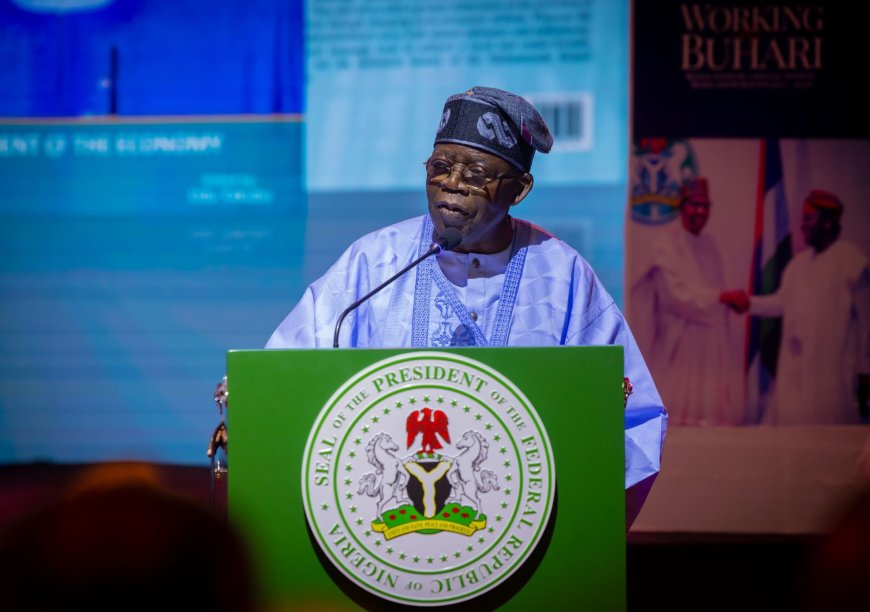The presidency has explained the rationale behind President Bola Tinubu’s decision to create a livestock ministry.
Dada Olusegun, special assistant to the president on social media, outlined the reasons in a post on X.
“Beyond solving the lifelong problem of farmers-herders crisis, the livestock industry in Nigeria is a potential multi-billion dollar industry with the capacity to fast-track the ongoing economic diversification process,” Olusegun noted.
According to Olusegun, data shows that the livestock sector currently accounts for approximately 10% of Nigeria’s non-oil GDP and a substantial 30% of its agricultural GDP. The sector directly and indirectly employs about 20 million Nigerians, highlighting its significant role in job creation.
Annually, livestock farming generates an estimated income exceeding ₦1.33 trillion ($3.2 billion). Nigeria’s production output includes 8.5 million tons of meat and 1.4 million tons of milk, cementing its position as a key player in the global agricultural market.
Olusegun also highlighted that the industry’s by-products, such as hides and skins, contribute approximately ₦500 billion ($1.2 billion) to the economy. The meat processing industry is valued at around ₦3 trillion ($7.2 billion), while the leather industry, which relies on livestock, generates about ₦1 billion ($2.4 million) in exports annually.
“Nigeria exports approximately 15,000 tons of meat and meat products annually. The export potential for livestock products is valued at around ₦200 billion ($480 million) annually,” he added.
The livestock sector attracts around ₦70 billion ($168 million) in local and foreign investments annually. Integrated livestock-crop farming systems can improve overall farm productivity by up to 40%. Proper management can reduce over


